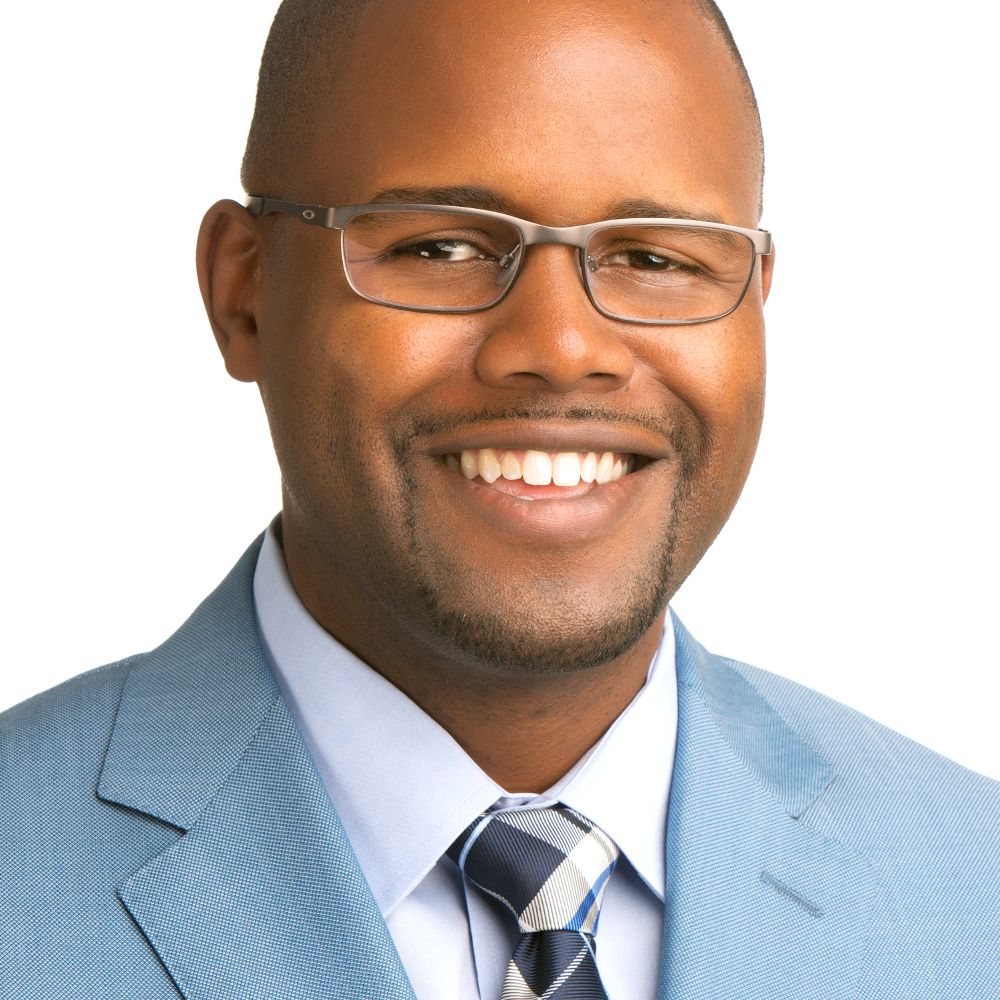
The COVID-19 pandemic has completely transformed the World Order and exposed striking realities of the global healthcare infrastructure by revealing the tendencies of various countries to deal with public healthcare emergencies. It has further raised the curtain on global hegemons like the U.S.A., which lacked the capacity and finances to counter this disaster. This has intensified the need for reforms and strong legislation to mitigate the pandemic’s devastation on healthcare facilities. Whether it be revising policy protocols, monitoring finances, or taking other necessary measures, there is a dire need for action and an urgent requirement for awakening!
The latest developments in the United States have pointed toward the management crisis and the chaotic reaction of the country’s government officials during the pandemic. The least preparedness of the U.S. was evidenced in the statement of Donald Trump, former president, who asked his people to inject bleach into their bodies.
The crisis also demonstrated flaws in the American healthcare infrastructure by revealing that only curative care infrastructure (as opposed to preventative care) continued to dominate the pandemic response. For example, only patients who showed symptoms would receive treatment with admission into hospitals. Most clinics were required to send the patients through the emergency departments to seek specific treatment, thus reducing streamlined care through primary care physicians. Only now has preventative care resurfaced among academic institutions that have taken strongly to furthering telemedicine and remote patient monitoring to increase healthcare access and encourage innovation across the United States.
The pandemic also revealed that the United States has failed to draft efficient health insurance policies. When businesses shut down and people lost jobs, Common Wealth reported that around 16.2 million people lost health insurance, as it was employer-based. Programs like Medicare and Medicaid did no good, as they only touched older people, differently-abled individuals, and low-income groups; others had to go for private plans. The trauma was worsened when there were no sufficient policies and protocols to award immediate healthcare insurance and make it accessible to people of all states.
Despite these developments, the Senate and Congress remained divided on healthcare funding. Many doctors and other healthcare officials claimed that Congress had not provided them with enough funding to adapt to the pandemic, which resulted in a shortage of boosters and various specific vaccines. As a result, the federal government struggled to purchase additional life-saving monoclonal antibody treatments and sufficient quantities of treatment for immunocompromised people. This deprived the authorities of building and expanding vaccination capacity, ultimately damaging global vaccination efforts.
Additionally, massive fraudulent activities were reported. CNBC reported that criminals had stolen around 100 million dollars from COVID emergency funds. Consequently, healthcare became a facility for the privileged, which worsened already existing healthcare challenges. This privilege-favoring healthcare model was demonstrated across Florida when Governor Ron DeSantis distributed COVID-19 vaccines to the wealthiest zip codes within the state’s initial allocation from the federal government.
Fortunately, there is always hope for betterment if government officials commit to learning lessons from past mistakes. South Carolina Senator Thomas Alexander, vice chair of N.C.S.L.’s Health and Human Services Committee, stated, “The pandemic has unified us because, across party lines, we want to take care of the health needs of the citizens.” If all the Congresspeople and Senators unite and apply their efforts in devising sustainable policies, these crises can be curtailed significantly.
The American Rescue Plan of 2021 is a great initiative in this regard, and the people of America need more. This plan allocated funds through appropriate channels to accelerate the various gaps that negatively impacted communities economically and medically. It demonstrated promise to extend upon previous funding efforts and to encourage small and mid-size companies to increase employees’ healthcare access through insurance reduction plans and programs by state and federal health insurance plans.
Among the many probable solutions to the healthcare dilemma, the best is to devise policies for implementing a preventive healthcare system, which is a value-based healthcare arrangement. It emphasizes initiatives to boost people’s immunity and ensure the supply of a healthy diet. It’s time to stop blaming genetics and learn to adapt to environmental and behavioral changes.
Moreover, the repercussions of a pandemic can also be curtailed by establishing a facility for telemedicine in the healthcare network. A robust policy framework and a strong action plan must bring all physical trainers, behavioral counselors, and other healthcare facilitators into a virtual landscape. Kentucky Senator Ralph Alvarado has acknowledged the space for telemedicine in the country by saying, “Telemedicine works well, and I have used it myself.” Thus, despite the complexity of the disease, there are high chances for rehabilitation and high hopes for better healthcare infrastructure in the post-COVID world.
About Johonniuss Chemweno
Johonniuss Chemweno is Founder & CEO of VIP StarNETWORK, LLC, which is changing how the healthcare industry offers benefits and increases access. Its mission is to expand quality and access to meet patient demand and reduce scheduling burdens for patients and doctors.
